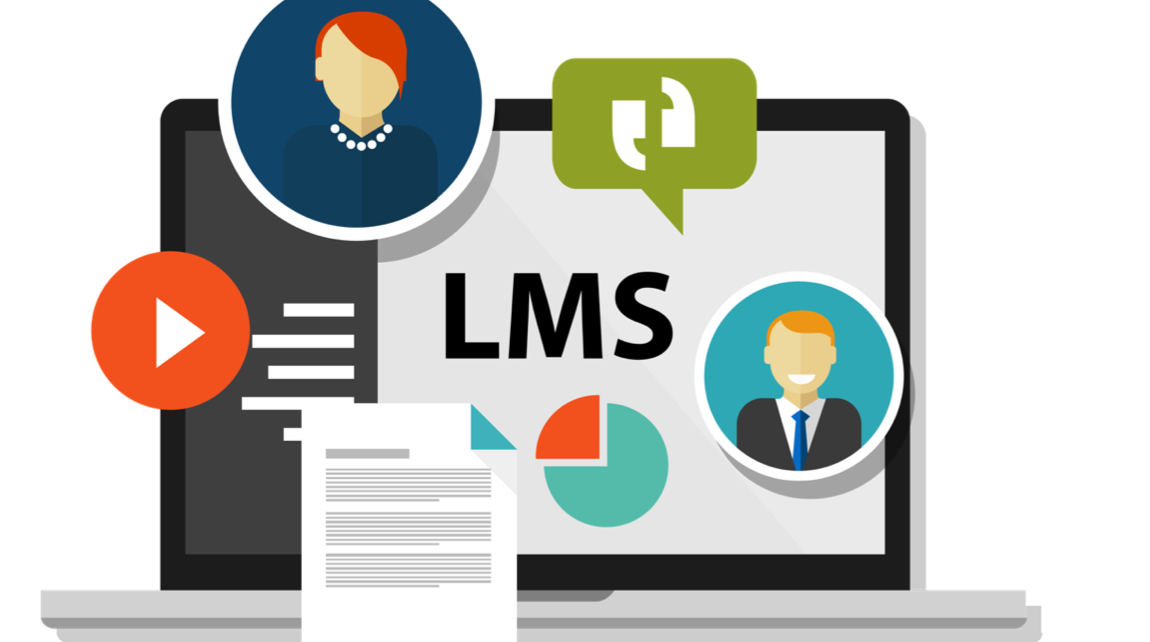The Foundational Role of the Modern Corporate Learning Management System

The modern enterprise runs on knowledge, and the central nervous system for managing this knowledge is the Corporate Learning Management System (LMS). An LMS is a comprehensive software platform designed to administer, document, track, report on, and deliver educational courses and training programs. It is the digital backbone of a company's learning and development (L&D) strategy, providing a single, centralized hub for all training materials. Whether it's for onboarding new hires, delivering mandatory compliance training, upskilling employees with new technical abilities, or developing leadership skills, the LMS is the tool that makes it all possible at scale. In an era of rapid technological change and the constant need for a skilled workforce, the LMS has evolved from a simple administrative tool into a strategic asset for fostering a culture of continuous learning and driving organizational success across every department.
The core function of a corporate LMS is the delivery and management of e-learning content. It allows L&D administrators to upload and organize a wide variety of training materials, including video lectures, interactive SCORM-compliant modules, documents, and quizzes. This content can then be assembled into structured learning paths or curricula assigned to specific employees or departments. For the learner, the LMS provides a personalized portal where they can see their assigned courses, track their progress, and access training materials on-demand, anytime and anywhere. This self-service, flexible approach to learning is far more efficient and scalable than traditional in-person training, especially for global organizations with a distributed workforce. It ensures that every employee receives a consistent and high-quality training experience, regardless of their location or schedule, making it an indispensable tool for modern corporate education.
Beyond just content delivery, a key value of the LMS lies in its powerful tracking and reporting capabilities. The system automatically tracks every aspect of a learner's progress, including course completions, assessment scores, and time spent on training. This data is invaluable for both compliance and strategic purposes. For mandatory training, the LMS provides a clear, auditable record proving that employees have completed required courses, which is essential for mitigating legal and regulatory risks. For L&D leaders, the reporting and analytics features provide deep insights into the effectiveness of their training programs. Corporate Learning Management System Market is Reaching at a CAGR of 8.5%, Expected to Grow a Valuation of USD 22.5 Billion During 2025 - 2035. This growth is heavily driven by the need for data-driven insights to measure training ROI and optimize learning strategies.
Ultimately, the corporate LMS serves as the cornerstone of a company's talent management strategy. It is not just about pushing out courses; it is about investing in the growth and development of the organization's most valuable asset: its people. A well-implemented LMS can improve employee performance, increase engagement and job satisfaction, and reduce employee turnover by showing a clear commitment to their professional development. As companies compete in the war for talent, offering robust learning and development opportunities has become a key differentiator. The LMS provides the essential infrastructure to deliver on this promise, making it a critical platform for building a more skilled, more engaged, and more competitive workforce for the future.
Explore Our Latest Trending Reports:
Soft Skills Training Market Size
- Art
- Causes
- Crafts
- Dance
- Drinks
- Film
- Fitness
- Food
- Jogos
- Gardening
- Health
- Início
- Literature
- Music
- Networking
- Outro
- Party
- Religion
- Shopping
- Sports
- Theater
- Wellness


